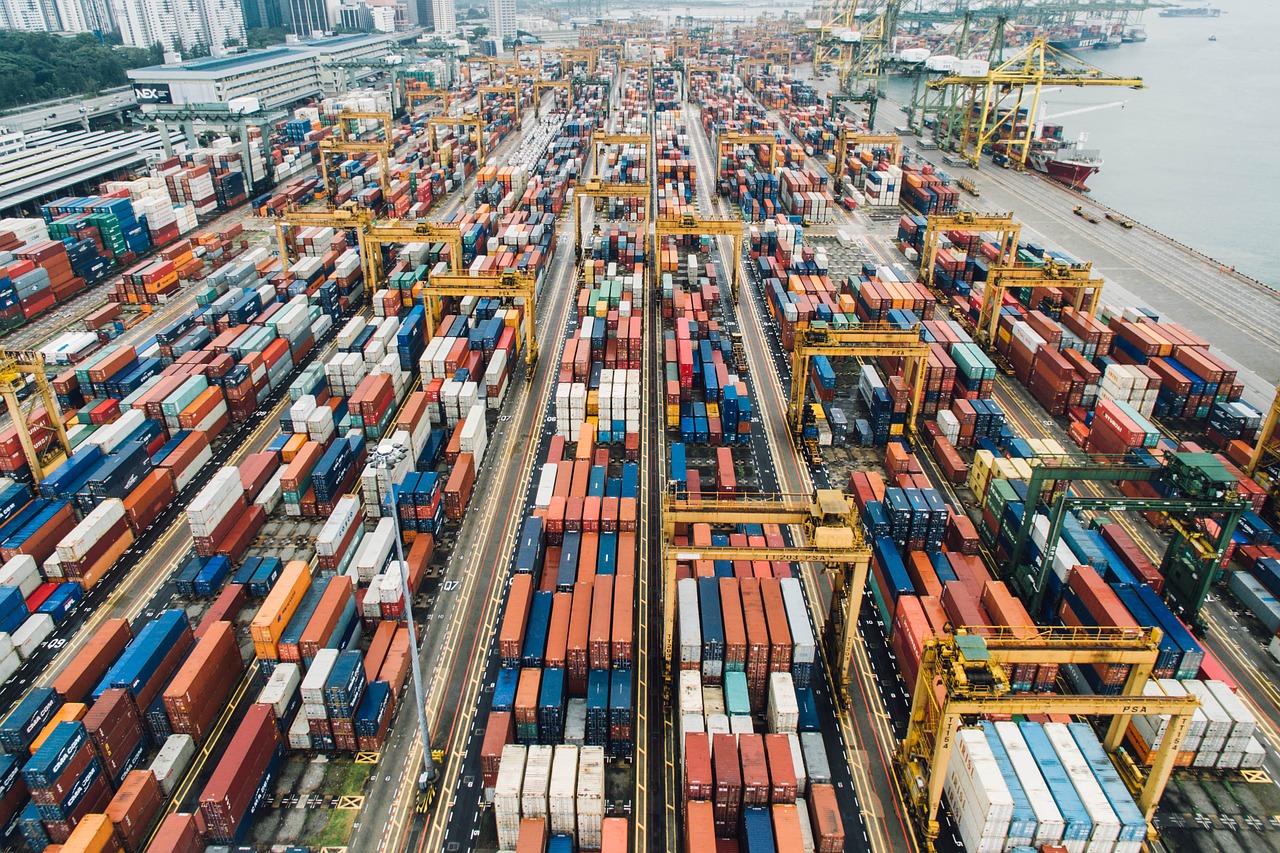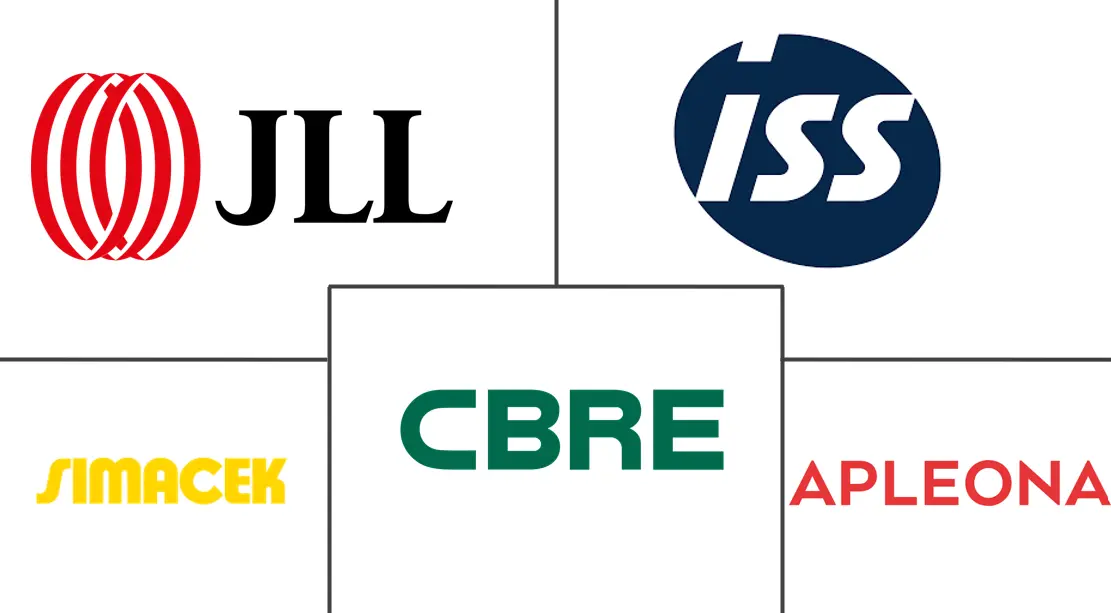
Uruguay’s main imported goods
Uruguay, a South American nation known for its stable economy and progressive policies, has a diverse import market that supports its industries and population. The country’s main imports include machinery, vehicles, fuel, chemicals, pharmaceuticals, electronics, and food products. Below is an overview of these categories, emphasizing their importance to Uruguay’s economy.
Machinery and Equipment
Machinery and industrial equipment constitute a significant portion of Uruguay’s imports. These include agricultural machinery, manufacturing equipment, and construction machinery. Given Uruguay’s reliance on agriculture and livestock farming, these imports are essential for enhancing productivity and maintaining competitiveness in international markets. Industrial machinery supports manufacturing processes, including food processing and textile production.
Vehicles and Automotive Products
The automotive sector is another crucial area of imports for Uruguay. Cars, trucks, buses, and spare parts are commonly brought into the country. These imports cater to the growing demand for personal and commercial transportation, essential for economic activities such as tourism and trade. Japanese, German, and South Korean brands dominate this market segment.
Fuel and Energy Products
As Uruguay lacks significant oil reserves, it depends heavily on imports of crude oil and refined petroleum products to meet its energy needs. Fuel imports power vehicles, industries, and power plants, making them vital for the country’s economy. Uruguay has also been investing in renewable energy, which reduces reliance on fossil fuels but does not eliminate the need for energy-related imports entirely.
Chemicals and Pharmaceuticals
Chemicals, including industrial chemicals, fertilizers, and pesticides, are crucial imports for Uruguay. These products support agriculture, which is a key sector of the economy. Pharmaceuticals also represent a significant portion of imports, ensuring access to essential medicines and healthcare products for the population.
Electronics and Technology
Uruguay imports a wide range of electronics, such as computers, smartphones, telecommunications equipment, and household appliances. These imports are critical for both personal and professional use, enabling connectivity and supporting the country’s growing digital economy. High-tech imports, including software and hardware, are also vital for educational and industrial purposes.
Food and Beverages
While Uruguay is a major agricultural exporter, it imports various food and beverage products to meet local consumer demands for variety. This includes processed foods, specialty products, and beverages not produced domestically. These imports cater to urban populations and contribute to a diverse culinary market.
Textiles and Apparel
Clothing and textile imports are also significant, as Uruguay lacks large-scale domestic textile manufacturing. Apparel imports primarily come from countries such as China and Brazil, offering affordable and diverse fashion choices to the population.
Trade Partners
Uruguay’s main trade partners for imports include Brazil, China, the United States, Argentina, and the European Union. These countries supply a wide range of goods, from machinery and vehicles to consumer products and chemicals.
Conclusion
Uruguay’s import portfolio reflects the country’s economic structure and development priorities. The reliance on machinery, fuel, and vehicles underscores its industrial and agricultural focus, while the importation of electronics and pharmaceuticals highlights its commitment to modernization and healthcare. These imports are essential for sustaining Uruguay’s economic growth and improving the quality of life for its citizens.




Leave a Reply